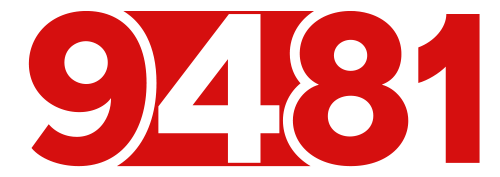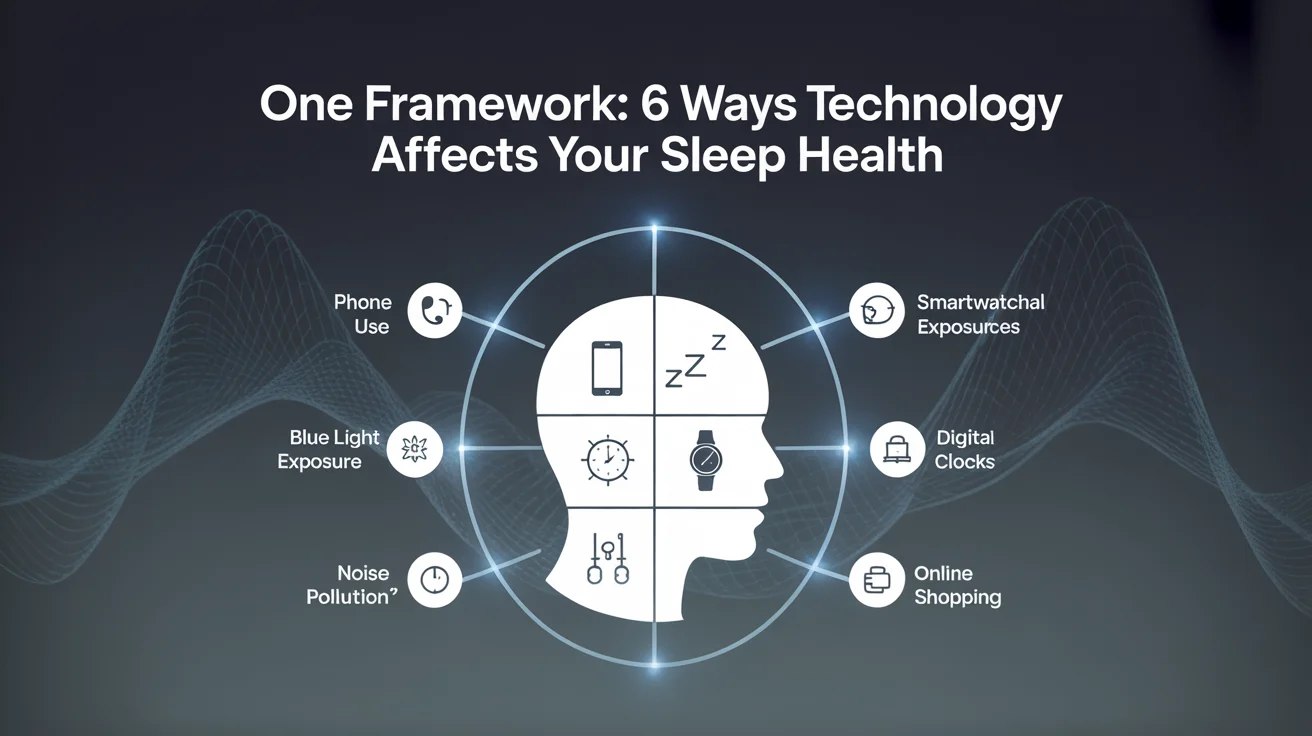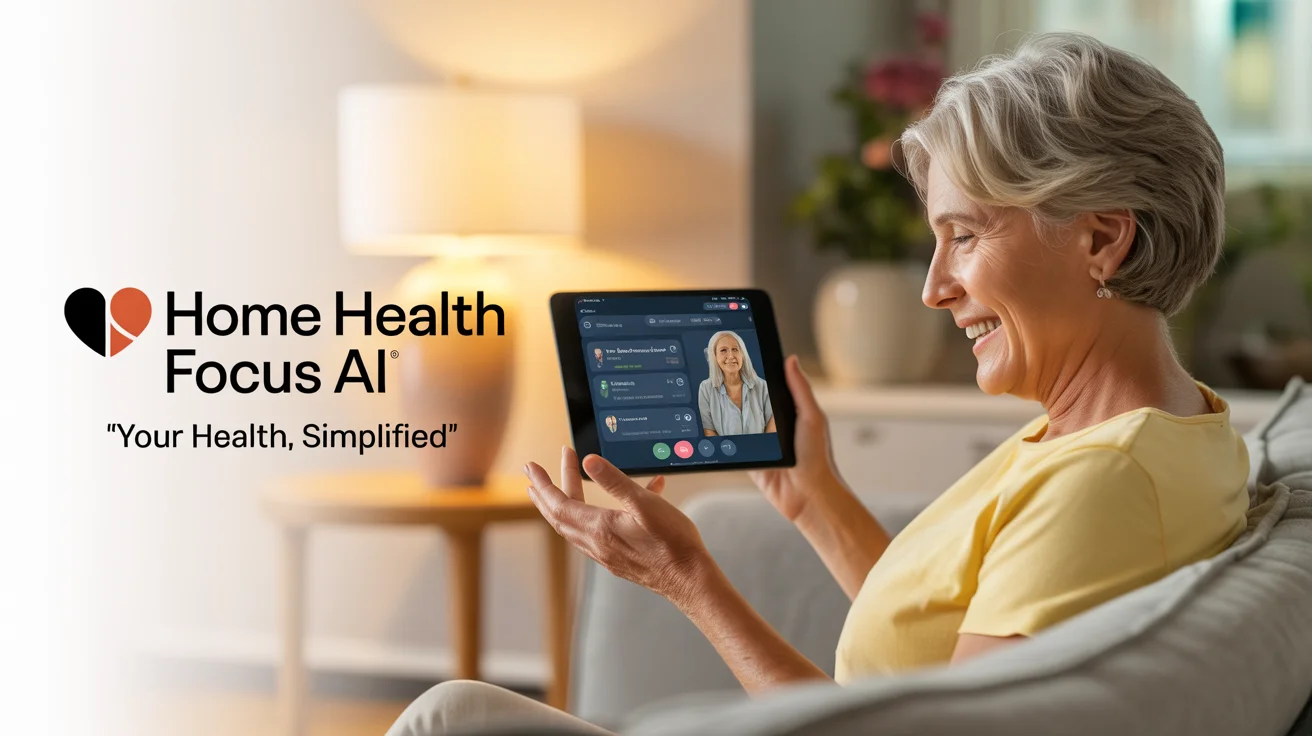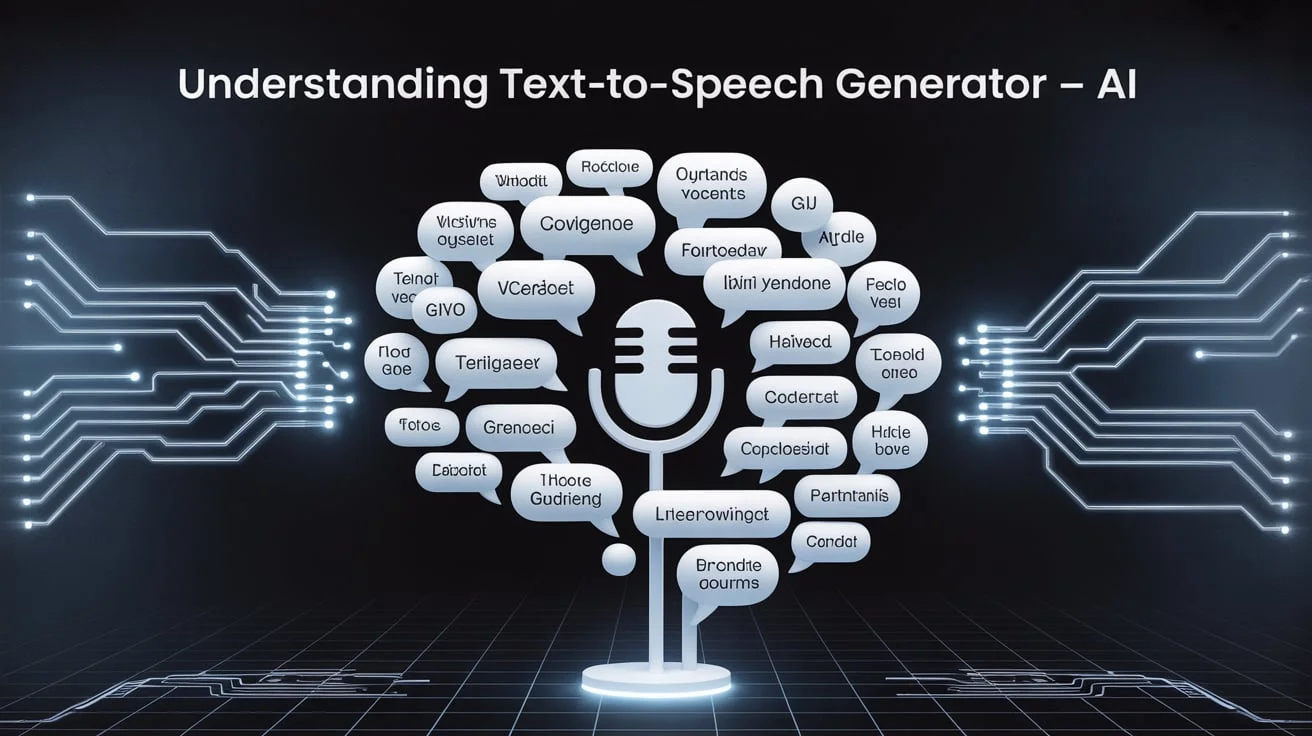Technology is a powerful part of our everyday lives. From smartphones to smart homes, we are surrounded by devices that keep us connected. But did you know that the same tools helping us stay connected might harm our sleep? In this blog post, we’ll explore 6 ways technology affects your sleep health.
We’ll discuss how screen time, notifications, and even apps can impact your ability to rest, relax, and recharge.
Understanding how your body reacts to tech at night is essential. This article explains those effects in simple language, showing you the real impact of tech on your sleep and offering better habits for a healthier night’s rest.
1. Blue Light Suppresses Melatonin Production
Blue light is one of the biggest culprits behind sleep disruption. Devices like phones, laptops, and tablets emit this light, which tricks your brain into thinking it’s daytime. That confusion delays melatonin, the sleep hormone, making it harder to fall asleep.
Melatonin is naturally released in the evening when it’s dark, helping you feel drowsy. But using screens before bed blocks that signal. Your mind stays alert instead of winding down.
2. Notifications Disrupt Deep Sleep

Constant pings and buzzes at night disturb the sleep cycle. You may not fully wake up, but those disruptions break your rhythm and prevent you from entering deeper stages of sleep. Quality sleep can lead to tiredness, poor focus, and mood swings the next day.
Even silent vibrations or light from a notification can jolt your brain into a lighter stage of sleep. That means you’ll wake up more often and feel less rested overall.
3. Tech Keeps Your Mind Stimulated
Scrolling through social media or reading late-night emails overstimulates your brain. It triggers mental activity that makes it hard to unwind. Instead of calming down, your mind stays in a state of alertness.
Your brain needs time to shift from active to restful mode. Engaging with screens, especially content-related ones, delays this shift and keeps your thoughts racing.
- Avoid using work apps or reading the news right before bed.
- Keep your phone out of reach during bedtime to reduce temptation.
- Try reading a physical book or meditating instead of watching videos.
4. Sleep Tracking Apps Can Cause Anxiety
Many people now use apps and devices to track their sleep patterns. While helpful, this can sometimes cause “sleep anxiety.” You may worry about not getting enough rest, ironically making falling asleep harder.
Users may start obsessing over numbers when they become too focused on their sleep scores or data. This stress negatively affects relaxation, making natural sleep even more difficult.
- Don’t rely entirely on data; focus on how you feel in the morning.
- Take breaks from tracking to let your body guide your rest.
- Use apps that encourage mindfulness, not just measurement.
5. Gaming and Streaming Lead to Late Bedtimes
Late-night binge-watching or intense gaming sessions easily extend bedtime. Entertainment platforms are designed to keep you engaged. Whether it’s a show’s cliffhanger or a game’s next level, losing track of time is easy.
These delays cut into sleep time, and the bright lights and emotional stimulation prevent smooth transitions into rest. Over time, this sleep debt adds up and affects daily performance.
6. Technology Encourages an Irregular Sleep Schedule
Staying up to check messages or complete digital tasks can shift your sleep pattern. You might go to bed late some nights and earlier on others. This inconsistency can confuse your body’s internal clock (circadian rhythm), making it harder to fall asleep and wake up naturally.
When your schedule changes too often, your body doesn’t know when to release sleep hormones. That leads to less refreshing sleep and grogginess upon waking.
Effects of Sleep Disruption Due to Tech
Poor sleep caused by tech use has serious consequences. Sleep is essential for brain repair, memory, immune function, and mood. Without proper rest, your mental and physical health suffer.
Some of the significant effects include:
- Daytime fatigue and poor concentration
- Increased anxiety and stress
- Weakened immune system over time
- Greater risk of heart problems and obesity
- Trouble with memory and learning
How to Use Technology Without Hurting Your Sleep
Technology isn’t all bad; it can help when used wisely. Setting boundaries and creating a healthy nighttime routine are key. Balance is the goal, not complete disconnection.
Here’s what you can do:
- Set a screen curfew 1 hour before bed
- Use blue light filters or night modes.
- Keep phones away from the bed.
- Use tech for relaxation, like calming sounds or meditation apps.
- Make your bedroom a no-screen zone.
Why This Matters: The Long-Term View
Ignoring sleep problems caused by tech can lead to chronic health issues. Sleep isn’t just about feeling rested; it fuels every system in your body. By understanding the 6 ways technology affects your sleep health, you can take smarter steps today for a healthier tomorrow.
Creating simple changes like dimming your screen, muting notifications, or choosing wind-down activities can transform how well you sleep.
Remember, the goal isn’t to remove technology but to make it work for your sleep, not against it.
Conclusion
As explained in One Framework’s 6 ways technology affects sleep health, too much tech use, especially before bed, can harm sleep quality. Digital habits, from blue light to late-night notifications, affect rest more than you think.
You don’t need to quit technology, just use it wisely. Set limits, reduce screen time, and create a relaxing bedtime routine. These small changes can lead to deeper, healthier sleep and better overall well-being.
Frequently Asked Questions:
Q: Is blue light really that harmful at night?
Yes, it delays melatonin production and makes it harder for your body to prepare for sleep.
Q: Are sleep tracking apps bad?
Not necessarily, but if they increase your anxiety or make you overthink, take a break from them.
Q: Can using tech during the day still affect sleep?
Yes, mainly if it builds stress or anxiety that carries over into the evening.
Q: What’s a healthy bedtime routine with tech?
Stop screen time an hour before bed and replace it with calm, offline activities like reading or meditation.
Q: Do blue light glasses help?
Yes, they can filter out blue light and reduce its impact, mainly if used consistently.




